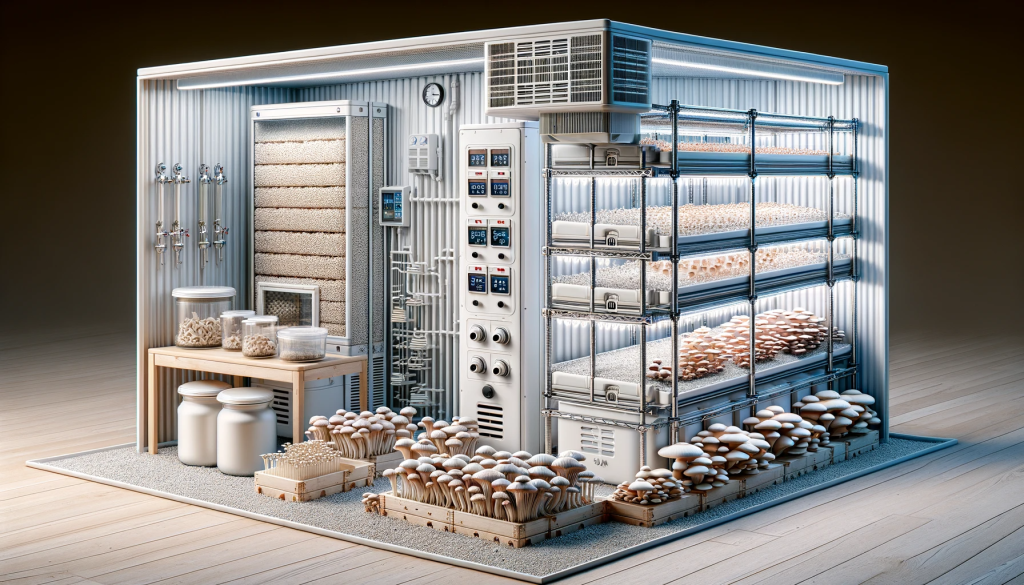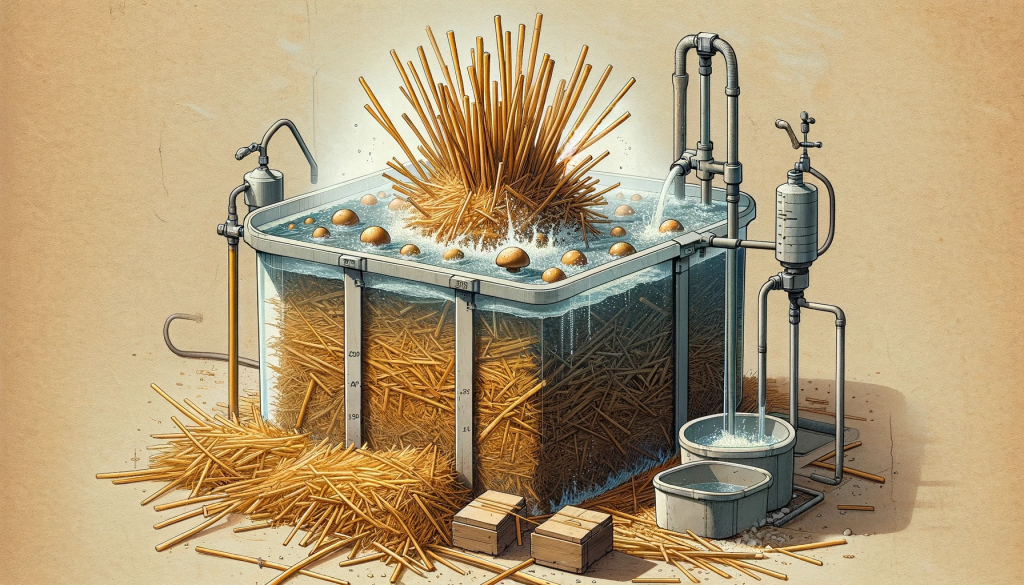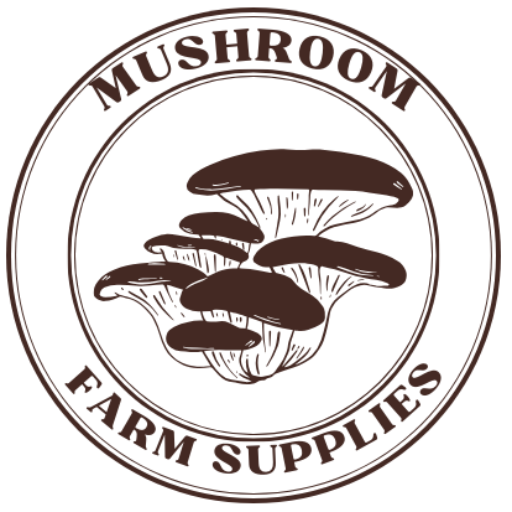A Low-Tech Approach to Cultivation
Discover the simplicity and efficiency of mushroom cultivation with our innovative Low-Tech Mushroom Growing System. Designed for both beginners and experienced growers, this system is your gateway to a thriving mushroom business. Whether you’re aiming to supply fresh mushrooms to farmers’ markets, restaurants, or local shops, our comprehensive solution has got you covered. Our system includes a climate-controlled fruiting room and a separate climate-controlled incubating room, ensuring optimal growth conditions for a variety of mushroom species. Additionally, we provide all the essential tools and guidance needed to start and maintain a successful mushroom cultivation venture. Embrace the art of mushroom growing with our user-friendly, low-tech approach, and watch your business flourish.


Our Low-Tech Mushroom Growing System offers an innovative approach to mushroom cultivation, seamlessly integrating cold pasteurization techniques for superior efficiency and ease of use. This method, ideal for substrates like straw or sawdust, involves lime soaking or using other natural treatments to suppress contaminants, thereby creating an optimal environment for mushroom growth without the need for high-temperature sterilization. This user-friendly setup includes climate-controlled rooms for both fruiting and incubation, ensuring the perfect conditions for a wide range of mushrooms. Whether you’re aiming to supply fresh produce to local markets, restaurants, or shops, our system provides a straightforward, low-tech solution for high-quality mushroom cultivation.
The Low Tec Way To Earnings
Cost-Effective Setup and Operation: Low-tech mushroom systems typically require minimal initial investment compared to high-tech alternatives. The simplicity of the design means less reliance on expensive equipment, leading to lower startup costs. Additionally, ongoing operational expenses are reduced due to the use of basic, easily accessible materials like straw and the implementation of natural processes such as cold pasteurization. This cost-efficiency can significantly increase profit margins.
Ease of Use and Maintenance: The user-friendly nature of low-tech systems makes them accessible to a wide range of users, from beginners to seasoned cultivators. The simplicity of processes like cold pasteurization allows for easier maintenance and less technical knowledge required for successful cultivation. This accessibility can lead to fewer errors and a more consistent quality of produce, which in turn can result in better market prices and more reliable income streams.
Adaptability to Various Environments: Low-tech mushroom growing systems can be adapted to a variety of environments, including small-scale indoor spaces or outdoor setups. This flexibility allows growers to utilize existing spaces without the need for costly modifications or specialized infrastructure. Being able to grow mushrooms in diverse settings opens up more opportunities for sales and distribution, such as local farmers’ markets, community-supported agriculture (CSA), or direct sales to restaurants and shops.
Sustainable and Organic Appeal: There is a growing market demand for sustainably grown, organic produce. Low-tech mushroom systems, which often employ natural substrates and environmentally friendly techniques, can meet this demand. This approach not only aligns with eco-conscious consumer preferences but can also allow growers to charge premium prices for their organically grown mushrooms. Additionally, using sustainable practices can qualify growers for certain certifications or grants, further enhancing profitability.
Low Tec Earnings
Embarking on a mushroom cultivation venture presents a lucrative opportunity, with the potential to earn upwards of $100,000 by selling at farmers’ markets and to restaurants. Mushrooms, known for their culinary versatility and health benefits, are in high demand, particularly varieties like shiitake, oyster, and lion’s mane. By efficiently utilizing a low-tech growing system, cultivators can produce high-quality mushrooms with relatively low overhead costs. Selling at farmers’ markets taps into the community’s desire for locally-grown, fresh produce, allowing for premium pricing. Additionally, partnering with restaurants, especially those focusing on farm-to-table concepts, can yield consistent, bulk orders. By maximizing yield through successive, year-round cultivation cycles and leveraging direct sales channels, a diligent grower can scale their operations to achieve significant revenues, potentially reaching the $100,000 mark in annual earnings. This success hinges not just on the quality of the mushrooms, but also on effective marketing, community engagement, and building strong relationships with local food businesses.


The urban mushroom farming industry stands on the cusp of a significant boom, driven by a unique convergence of environmental, economic, and social factors. As urban populations grow more conscious of their environmental impact, the demand for locally-sourced, sustainable food options is surging. Mushrooms, with their low ecological footprint and ability to be grown in small, controlled environments, fit perfectly into this narrative. Innovations in low-tech cultivation methods, like the cold pasteurization technique, are making mushroom farming increasingly accessible and cost-effective for urban entrepreneurs. This aligns with the rise of urban agriculture movements, which aim to transform unused city spaces into productive agricultural sites. Additionally, the growing culinary and health interest in diverse mushroom varieties is creating new market opportunities. This intersection of sustainability, urbanization, and gastronomy positions urban mushroom farming not just as a trend, but as a burgeoning industry with immense potential for growth and profitability in the coming years.
